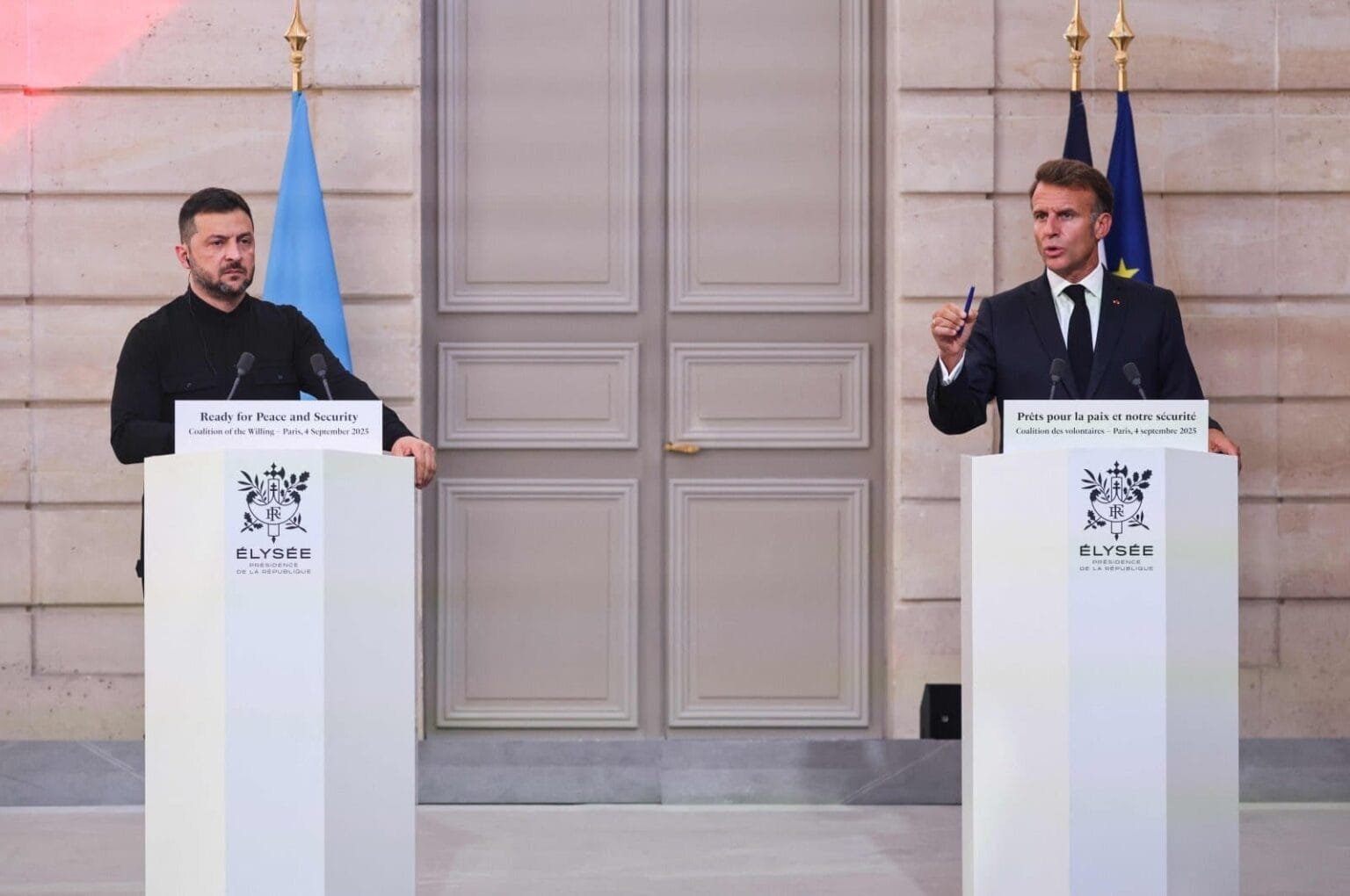At a Paris summit of the “Coalition of the Willing,” French President Emmanuel Macron announced that 26 countries have pledged post-war security guarantees for Ukraine, signaling a significant shift from mere promises to tangible commitments. These nations—primarily European, with representation from allies such as Canada, Australia, and Japan—committed to deploying a “reassurance force” aimed at deterring future aggression. These forces may appear on Ukrainian soil, at sea, or in the air as soon as a ceasefire or peace deal is secured, yet they are explicitly not intended for frontline combat against Russia.
At a joint press conference beside Ukrainian President Volodymyr Zelenskyy, Macron described the force’s purpose as maintaining long-term security, not initiating conflict. While troop deployments are planned in strategic locations, other countries may offer defensive training, airspace support, or naval presence. Zelenskyy called it “the first serious, concrete step” in more than three years of war.
Macron emphasized that ultimate stabilization depends on U.S. backing. He revealed that he, Zelenskyy, and European counterparts had already held a video call with President Trump, and affirmed that U.S. contributions to the guarantees would be formalized in the coming days.
Not all countries are deploying troops. Italy and Bulgaria will contribute through ceasefire monitoring and regional support, while Germany confirmed it would hold off on committing military assets until U.S. involvement is clearer. Italy, for instance, offered to train Ukrainian forces outside the country, rather than send soldiers directly.
British Prime Minister Keir Starmer and German Chancellor Friedrich Merz voiced strong support for keeping pressure on Russia, calling for stronger sanctions if Moscow delays a peace agreement. Meanwhile, discussions press ahead around securing American intelligence and air support.





